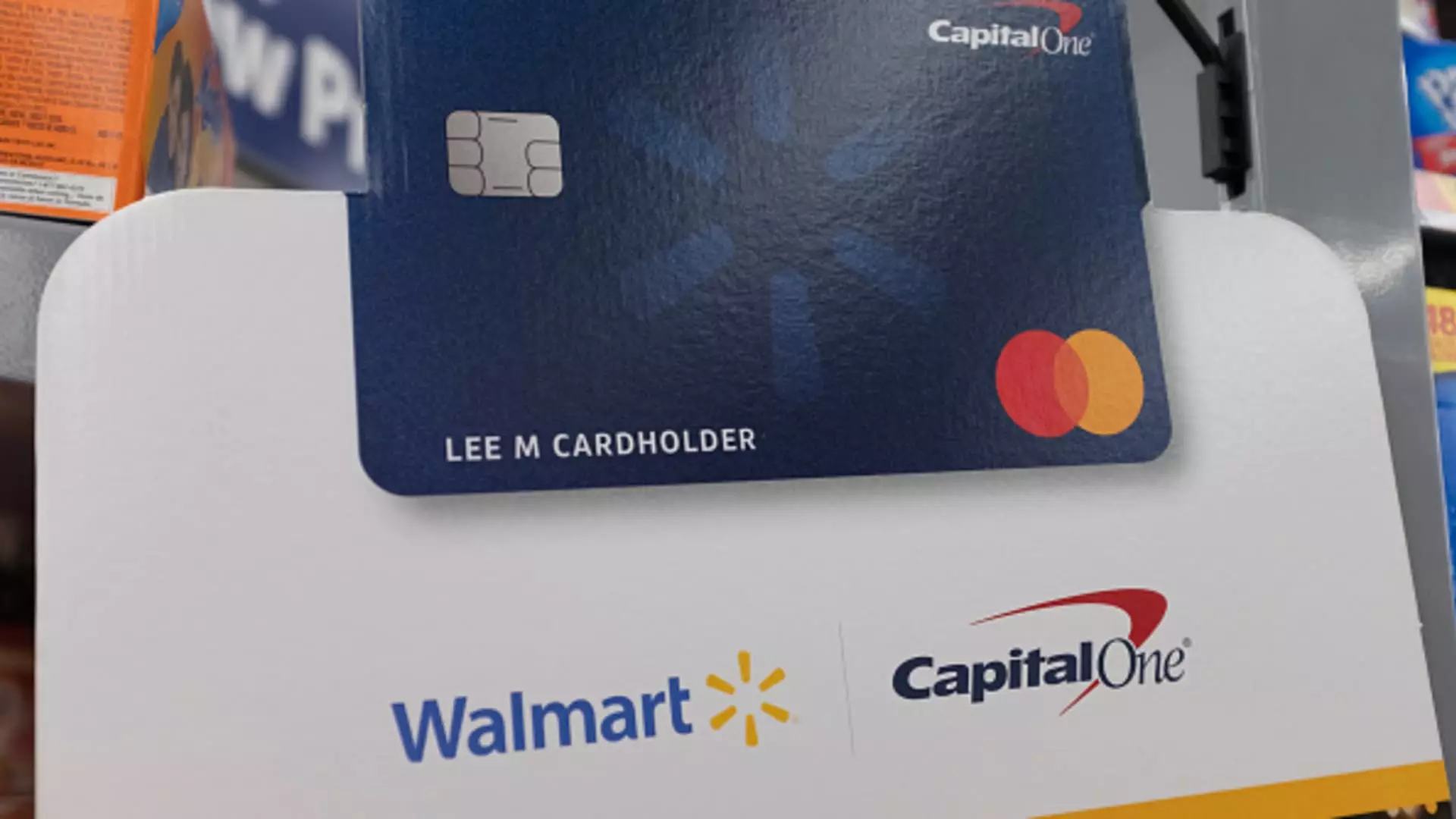Walmart has taken a daring step into the financial services arena with its fintech startup, OnePay, announcing the launch of two new credit cards in collaboration with Synchrony, a prominent player among retail banking partners. Given the fierce competition in financial services and the growing needs of consumers, this initiative raises important questions about the implications for both customers and the broader banking ecosystem.
While the partnership allows Walmart to expand its financial offerings and serve millions of customers who otherwise may be underserved by traditional banks, one can’t help but wonder about the motivations behind this move. After parting ways with Capital One, Walmart aims to gain greater control over its financial services while leveraging existing expertise in the financial sector. However, this plan isn’t without its pitfalls, as existing consumers may feel increasingly vulnerable to a retail giant holding sway over both their purchasing and financial decisions.
A Robust but Concerning Strategy
The launch of the new credit cards signifies Walmart’s desire to cater to its vast customer base, which numbered around 10 million active cardholders prior to severing ties with Capital One. Offering two types of credit cards—a general-purpose Mastercard and a store-specific card—shows that OnePay is keen to create tailored financial solutions based on diverse customer credit profiles. Yet, this creates a glaring risk: the potential fostering of a transactional environment that prioritizes spending over sustainable financial behavior.
OnePay’s initiation of a buy-now-pay-later system through Klarna further amplifies this concern. Although marketed as a way to empower consumers by providing them with more financial options, such mechanisms can often lead to overleveraging. The fine line between providing necessary financial instruments and encouraging unsustainable debt levels is a dangerous one, and it appears Walmart is straddling it precariously.
Consumer Transparency: A Broken Promise?
OnePay’s CEO, Omer Ismail, claims that the new credit card program aims to deliver transparent and rewarding experiences to consumers. However, this mission hangs in the balance as the inherent complexities of credit products often leave many consumers bewildered. The details surrounding the rewards for using the new cards remain vague and unannounced, potentially signaling that the company may not prioritize clear communication when it matters the most.
In politically charged times where economic disparity continues to define societal challenges, Walmart’s financial ambitions could be viewed as an opportunity to empower consumers or as another enabling mechanism for consumer exploitation. Either way, it’s imperative for Walmart and OnePay to tread lightly, as financial missteps can either bolster their image as advocates for the underserved or dig deeper into the issues of marginalization.
The Bigger Picture: Redefining Retail Dynamics
This venture is not merely about a retail giant entering banking; it signifies a substantial shift in how consumers interact with financial services. As Walmart seeks to combine retail convenience with banking products, we must question whether this trend will reshape the regulatory landscape around consumer finance. Traditional banks are already under strain to compete with fintech innovation—Walmart’s entry could be the tipping point that forces rotational changes across the industry.
The notable transformation of retail giants into financial service providers raises ethical questions. Will their motives remain altruistic, or will their bottom line take precedence over customer welfare? As Walmart continues its journey into this complex narrative of retail and finance, it invites us to consider the inherent responsibilities of mega-corporations in ensuring the protection and empowerment of everyday consumers.

